The Overland Versus Off Road Debate
More than 150 years ago our pioneer ancestors came to the American west. Some came from the US East Coast revolutionary-era frontiers of Massachusetts, New York and Ohio while others came from Europe.
In a very deep sense some of them were off-roaders and others were overlanders.
Then, like now, those terms meant two very different things.
Overlanders then were packed typically in a covered wagon pulled by either oxen or horses.
Their entire lives were packed in that wooden vehicle that was prone to breakdown on the trail. The goal was to get west with what they needed to survive in the strange wilds of a new home.
Others came pulling a handcart.
Each person was limited to 17 pounds of gear and powered the “vehicle” themselves, covering between 15 to 20 miles a day over every kind of terrain. They were completely off road and fighting not only the elements but a timetable in a very physical endeavor.
To read their journals now is to experience the same dumb arguments we make today about off road travel and overlanding:
Was it all about the destination or just the journey in getting there?
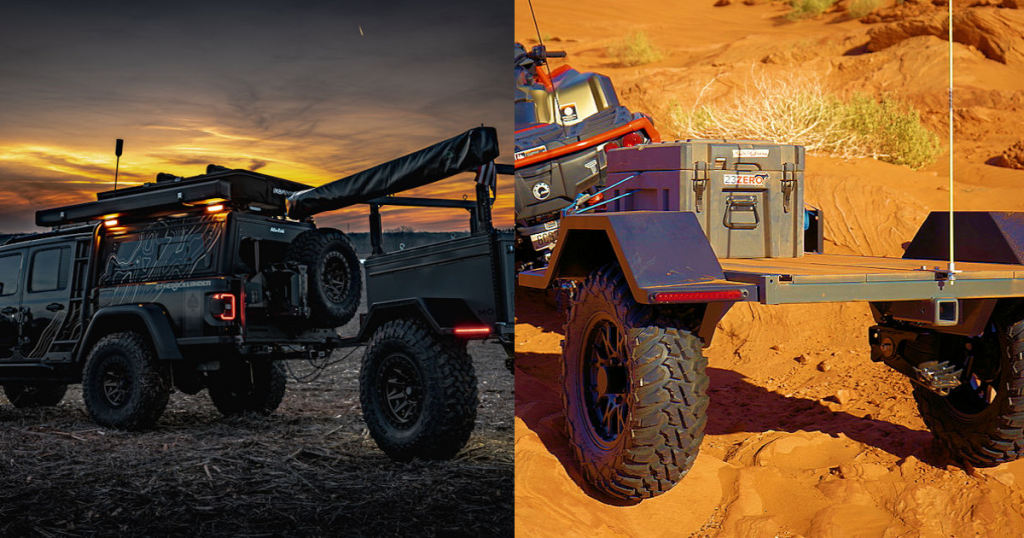
~ You Do You ~
I’ve often wondered what it would be like for our pioneers to sit in the seats we occupy as we off road or overland today. What would they think?
I think they might laugh at the stuffy things we think about off roading and overlanding.
For many, off roading is a sport. For others, overlanding is a lifestyle. In some circles offense is taken when you mix those terms in the wrong way.
So, what really is the difference between off road and overland?
Off road adventures are short by today’s definitions. When you off road you take equipment out to natural and challenging locations – go climb that mountain or get over and around that obstacle. Go conquer with whatever knobby-tired vehicle you have. It is an experience, not necessarily a destination.
Overlanding is quite different.
Overlanding is about self-reliance in unknown remote places that push the limits of mechanical and physical endurance.
It seems to me we split too many hairs over these terms and this debate.
Both overlanding and off roading take planning, patience, good timing, and no small amount of equipment.
But we live in a time where we define off roading and overlanding in very individual ways.
So many marry those two worlds nicely. They take their toys with them on their adventure travel, seemingly experiencing it all with the rugged vehicle that can go overland while pulling a trailer with their off road toys of choice.
I tend to laugh at the ongoing debates we see in both the off road and overlanding communities out there.
Just as folks debate Coke versus Pepsi, the Designated Hitter, or even the Chicken and the Egg, in the end does it really matter?
~ Pros and Cons ~
Some experts out there engage in this debate by listing pros and cons of both off roading and overlanding.
That seems weird to me.
I think we should just agree to one universal term to settle this debate. Let’s just call it “adventure travel” and let people do it the way they want.
That way there is no “con” in any of this.
Both overlanding and off roading are challenging.
Both require investment.
Both teach skills in work, play and living.
Both are fun, both are hard, and both are worth spending time and resources doing.
That’s what we’re going for in making “trailers for adventure travel”, as we like to say.
We overland and we off road.
You do you.
See posts like this in your email. Subscribe today!
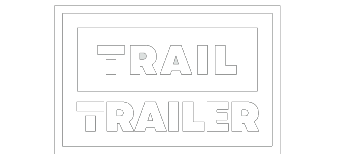
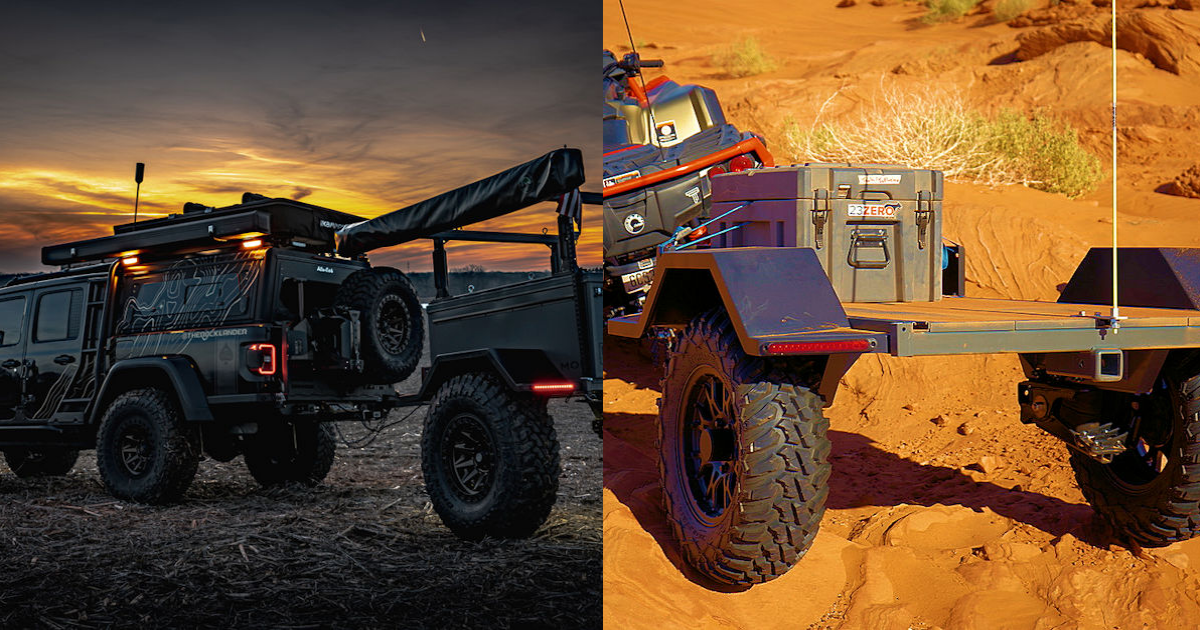

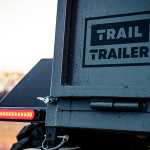
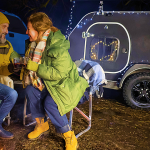
Leave a Reply
Want to join the discussion?Feel free to contribute!